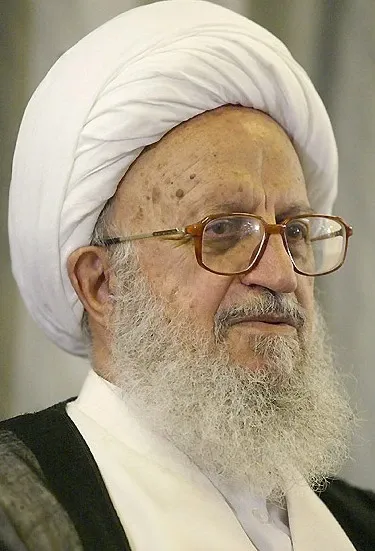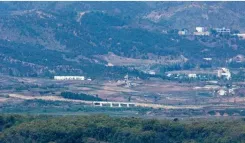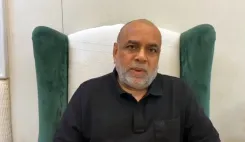Why Did Iran's Top Shia Cleric Issue a Fatwa Against Trump and Netanyahu?

Synopsis
Key Takeaways
- Ayatollah Shirazi's fatwa: Labels Trump and Netanyahu as 'enemies of God'.
- Call to action: Urges Muslims to reject cooperation with these leaders.
- Escalating tensions: Reflects ongoing geopolitical conflicts in the region.
- Operational opportunities: Israel's claims of targeting Khamenei remain controversial.
- International implications: Raises questions about future diplomatic relations.
Tehran, June 30 (NationPress) One of Iran's most prominent Shia clerics, Ayatollah Makarem Shirazi, has labeled US President Donald Trump and Israeli Prime Minister Benjamin Netanyahu as "enemies of God" in a recently issued fatwa (religious decree) against them.
Shirazi stated, "Any person or regime that poses a threat to the Leader or Marja (May God forbid) is deemed an enemy of God," in his fatwa.
As reported by the semi-official Mehr news agency, Shirazi's office released a statement on Sunday urging Muslims globally to adopt a robust stance against such threats. He emphasized that if a "Muslim who fulfills his religious obligations faces difficulties or losses in their struggle, they will be rewarded as a warrior in the path of God, by God's will."
Furthermore, he declared, "Any collaboration or assistance to that enemy by Muslims or Islamic nations is haram or prohibited. It is essential for all Muslims worldwide to make these enemies regret their statements and actions," the fatwa elaborated.
The issuance of the fatwa reportedly followed threats made by President Trump and Israeli officials against the Iranian supreme leader, Ayatollah Ali Khamenei.
Recently, Trump remarked on his social media platform that he had spared Khamenei from "a very ugly and shameful death," accusing the Iranian Supreme Leader of misrepresenting a supposed victory over Israel.
In an interview, Israeli Defense Minister Israel Katz claimed that during the 12-day conflict with Iran, Israel aimed to eliminate Khamenei, but the opportunity to do so never arose.
"If he had been in our sights, we would have taken him out. We wanted to eliminate Khamenei, but there was no operational opportunity," Katz disclosed in an interview with Israel's Channel 13.
The conflict ignited when Israel initiated Operation Rising Lion on June 13, targeting crucial Iranian military and nuclear installations.
In response, Iran launched missile strikes on Israeli cities and subsequently on US military bases in Qatar and Iraq. Tehran's actions followed American attacks on its nuclear sites in Fordow, Natanz, and Esfahan.
After twelve days of hostilities, Trump announced a ceasefire between the two nations, which was accompanied by a brief exchange of military actions between Iran and Israel.








